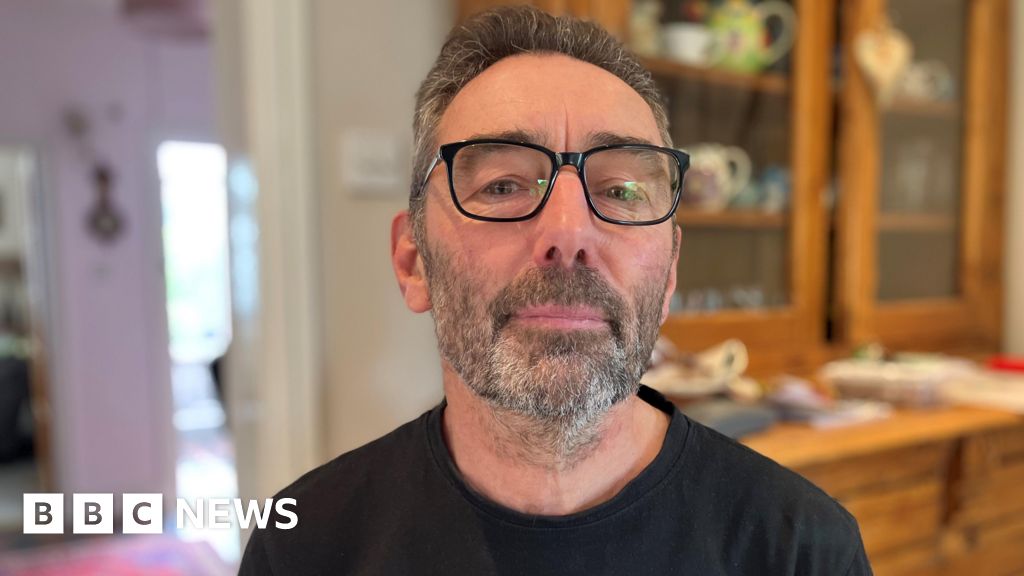Unlock the Editor’s Digest for free
Roula Khalaf, Editor of the FT, selects her favourite stories in this weekly newsletter.
James Cleverly, the home secretary, has refused to put a number on the appropriate level of net migration into the UK as his Conservative party sets out plans for an annual cap on people coming into the country.
The Conservatives announced on Tuesday they would introduce a new annual cap on visas for work or to join family in the UK if they win the election on July 4. The exact level would be voted on in parliament following recommendations provided by the government’s independent Migration Advisory Committee (MAC).
The ruling Tory party is focusing on immigration in the election as it trails Labour in the polls and to head off a challenge from Reform UK and its anti-immigration leader, Nigel Farage.
On Tuesday morning, Cleverly refused repeatedly to say what he thought an appropriate number would be for annual net migration.
“We have said that the MAC would do the job it was designed to do, which is advise government on the appropriate balance which supports economic growth . . . without putting undue pressure on public services,” he told BBC Radio 4’s Today programme. “The figures are currently too high and we have a plan to bring them down.”
Previous Tory leaders in 2010, 2015 and 2017 promised to cut migration to the “tens of thousands” only to fail to hit the target by a wide margin. Net migration to the UK hit 685,000 last year.
Cleverly initially blamed the EU for Britain’s high levels of immigration under 14 years of Conservative government and said a post-Brexit increase was due to people emigrating from Hong Kong and Ukraine.
The home secretary said net immigration numbers were already falling and would fall further.
He also said Labour had voted more than 100 times against the Conservatives’ proposals to tighten migration, despite Labour leader Sir Keir Starmer’s pledge this week to “control our borders” and deal with “sky-high” net migration.
Senior Conservative figures have discussed adopting a policy to quit the European Court of Human Rights in order to make it easier to deport asylum seekers, a move that would inflame moderate Conservatives. Russia and Belarus are the only European countries that do not subscribe to the body.
Instead, party leader Rishi Sunak could advocate a position whereby the UK would call for reforms of the ECHR with the threat of departure if this did not occur.
Cleverly refused to say whether the Tories could advocate leaving the ECHR in their manifesto, which is expected to be published in the coming weeks before the election.
“The point we have always made is that we are a law-abiding nation but ultimately we need to take control of our borders,” he said. “We have always said that if we’re presented with a decision whereby we are not able to control our borders we will always prioritise border security and border control.”
Meanwhile, Farage has dropped one of Reform UK’s pledges on immigration within hours of returning as the rightwing party’s leader.
In its draft manifesto published this year, Reform said it would process claims by asylum seekers arriving through safe countries in British Overseas Territories, which include the Falkland Islands.
Asked by the BBC how the policy would work, Farage poured cold water on it.
“I don’t think it’s terribly practical. It’s a very difficult policy to work,” Farage said. “I took over yesterday. Give me 12 hours and I’ll sort it out.”
He stressed that he wanted a net migration number of zero — given that just over half a million people leave the country annually — and added the UK should leave the ECHR, blaming “increased activism” from the court preventing Britain from deporting more people.
Credit: Source link










